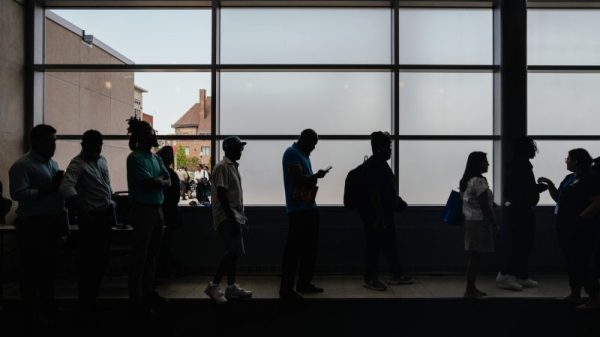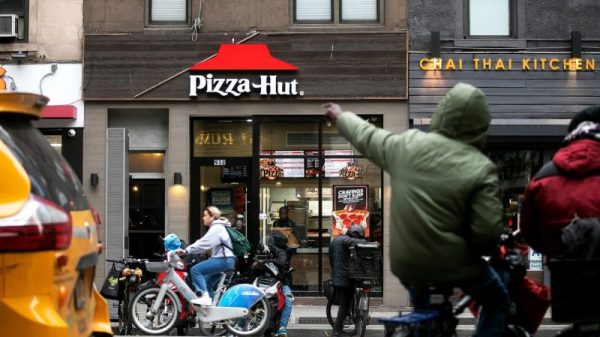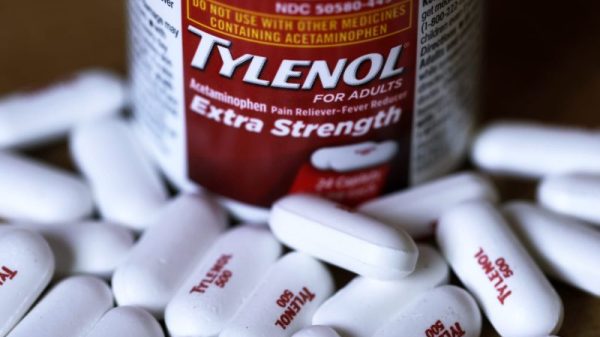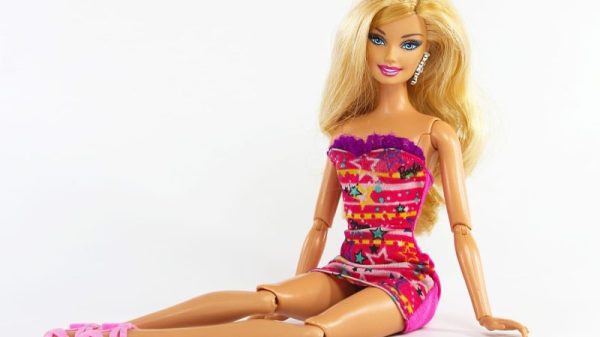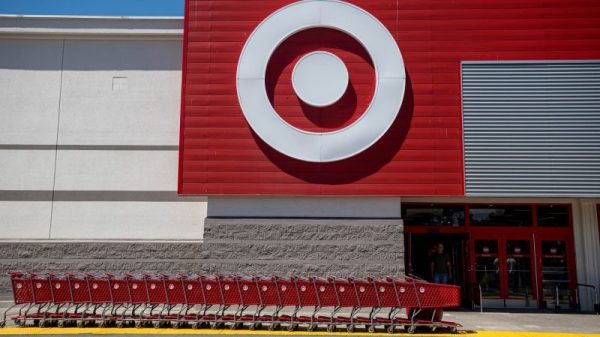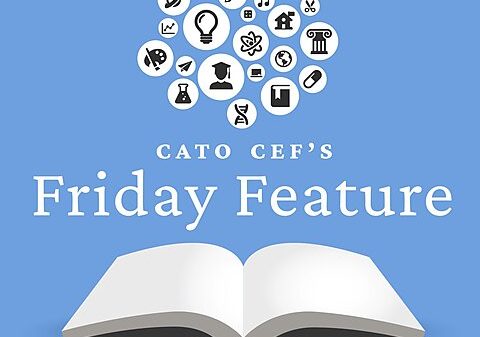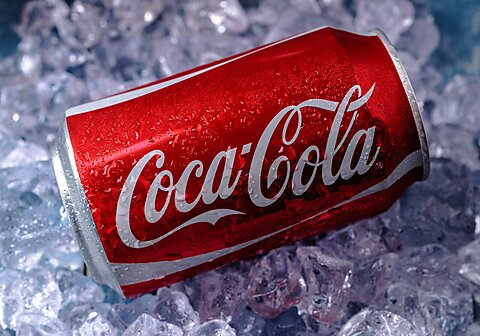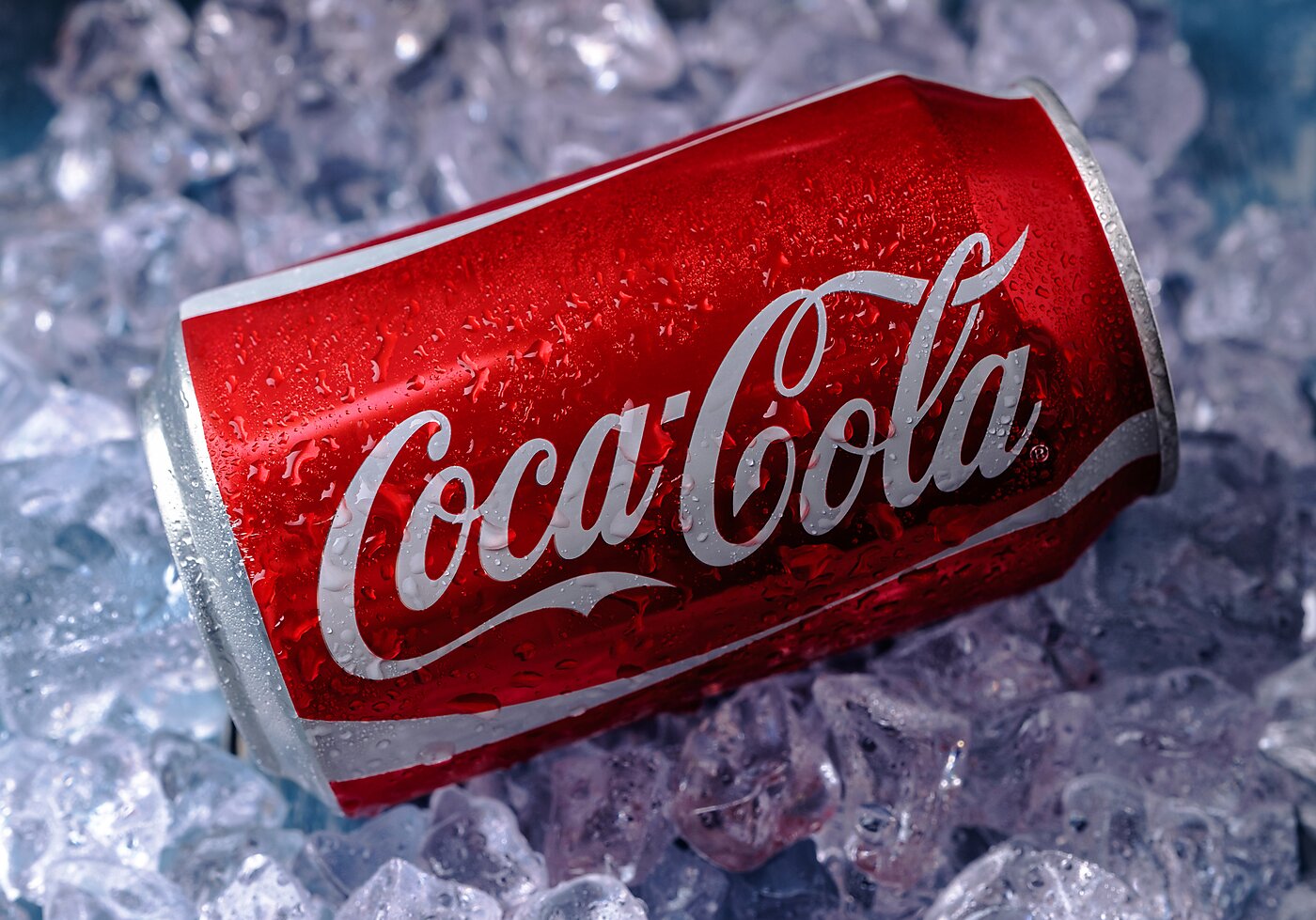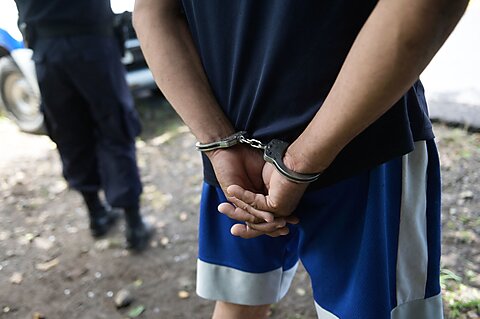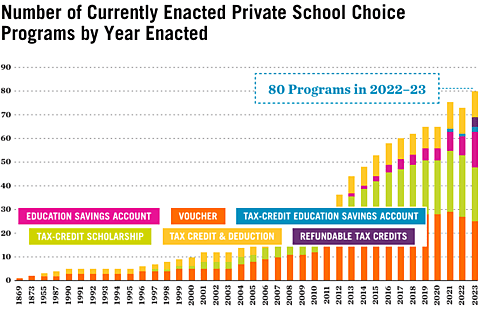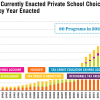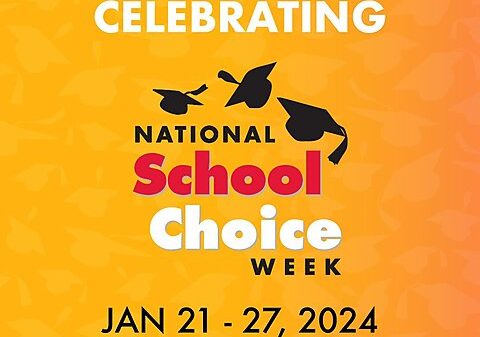By now, everyone has heard that, in response to President Trump’s urging, Coca-Cola will soon introduce a version of Coke sweetened with US cane sugar rather than high fructose corn syrup (HFCS). What not everyone knows is that this product, commonly known as Mexican Coke, already exists and is what people outside the US think of as Coke. In fact, most countries use cane sugar in sodas today. The US did as well, prior to the 1970s. So what changed?
At the depth of the Great Depression, the US adopted the Agricultural Adjustment Act of 1933 in an attempt to stabilize crop prices. The Act focused on limiting production, implying higher prices. Subsequently, however, the 1973 Farm Bill shifted to encouraging maximum production, and corn saw immediate overproduction and a significant drop in price. At the same time, the US Sugar Program implemented quotas on imported sugar, making it substantially more expensive. The end result was companies like Coca-Cola and Pepsi experimenting with and gradually incorporating HFCS into their soft drinks. By 1984, both companies had fully transitioned away from using cane sugar in most of their US products.
Coke made in Mexico, with cane sugar, has a devoted US following, with fans finding it more “natural” and “authentic.”A recent taste test confirmed this, with five out of six people correctly identifying Mexican Coke and declaring it their favorite. Regarding health impact, the differences appear to be minor; HFCS has slightly more fructose than cane sugar, which some studies suggest could have a greater impact on liver fat and insulin resistance.
All this suggests that Coca-Cola would probably not have switched from cane sugar to HFCS if not for the artificially high (low) price of the former (latter). Even if the government played no historical role in Coca-Cola’s choice of sweetener, moreover, why should the government now take a stand on how Coca-Cola produces its product? That is for consumers to decide.

